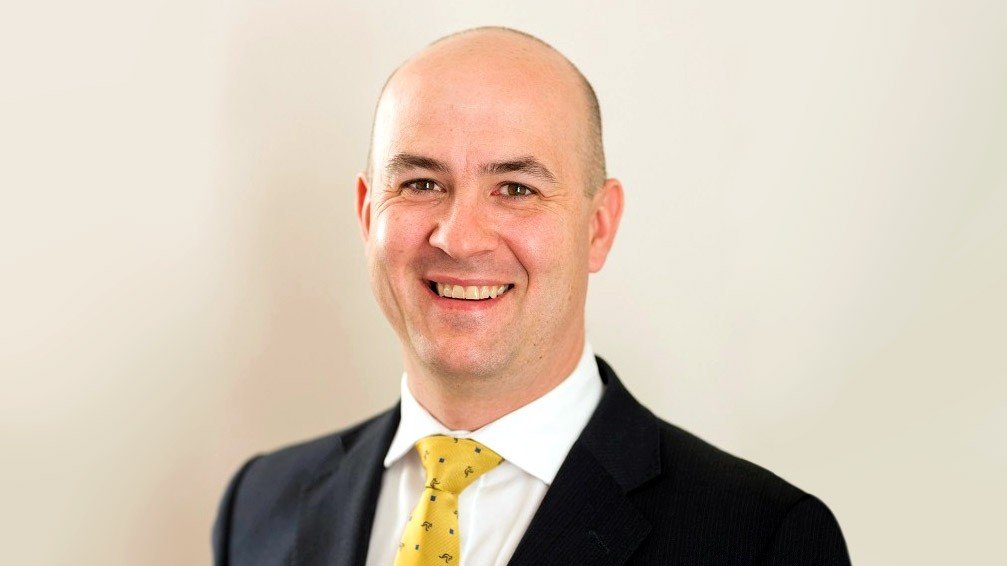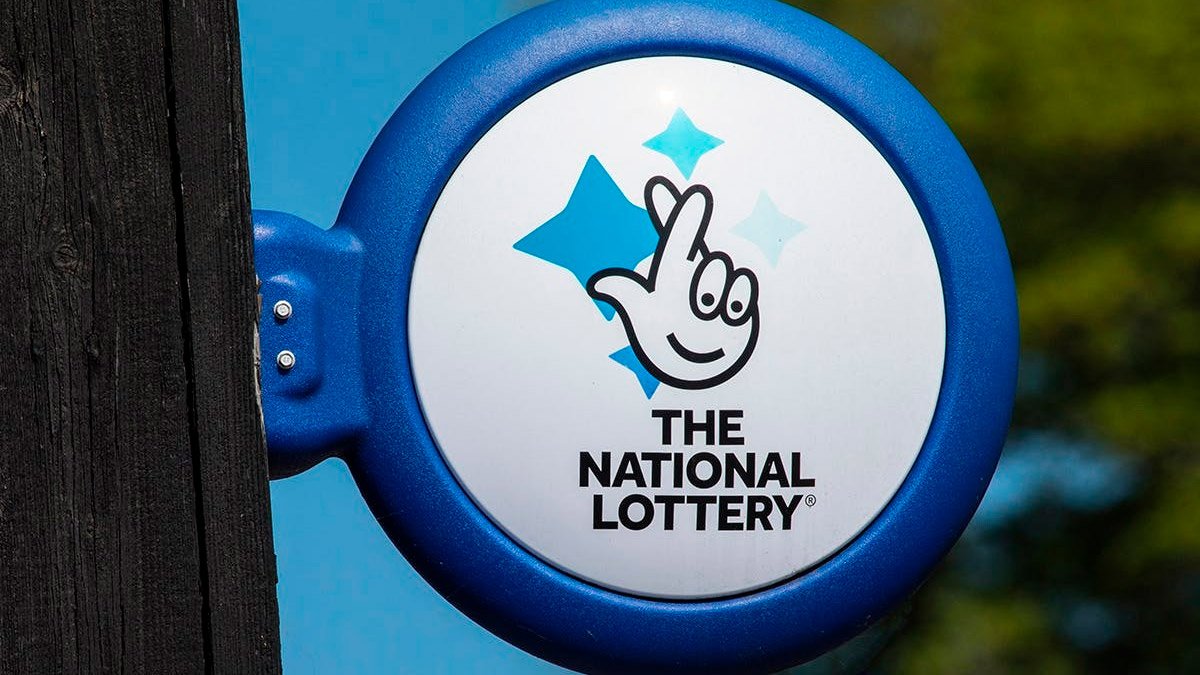UKGC Interim CEO Andrew Rhodes confirmed as permanent boss ahead of gambling review

The UK Gambling Commission has announced that Interim Chief Executive Andrew Rhodes has been appointed to the role on a permanent basis. Rhodes first joined the regulator in June 2021, originally for an 18-month period.
His appointment last year followed a number of senior roles at both private and public sector organizations, including Swansea University, the Department for Work and Pensions, the Food Standards Agency, and the DVLA.
Now, as the Gambling Commission’s permanent Chief Executive, Rhodes is set to continue to work closely with chair Marcus Boyle, the Board of Commissioners, and the Commission’s senior leadership team. He will oversee the regulator throughout a key moment in the UKGC history: the incoming government gambling review.
Rhodes, along with the other UKGC members, will be tasked with ensuring Great Britain’s gambling industry is “regulated strongly and effectively.” He will also continue his stakeholder engagement programme with consumers, industry, parliamentarians and those with lived experience.

Confirmation of Rhodes as permanent boss of the UKGC has been an ongoing rumor for some time now. In January, The Guardian said he would be given the job as his ambitions to take a stricter approach to gambling regulation have been in line with the Government’s own plans and the expected reforms to be introduced in new gambling legislation.
According to the UK newspaper, Rhodes’ tone has been “well-received” by both the Gambling Commission and the government. Rhodes vowed to crack down on gambling companies’ “recidivist behaviors” before the landmark industry review.
Rhodes' initial appointment in June 2021 followed the resignation of former boss Neil McArthur, whose term came to an abrupt end due to the Commission’s regulatory failings that were brought to public scrutiny by the administration of Football Index.
Thus far, Rhodes has handled the UKGC’s agenda of providing final insights for the government to complete its White Paper review of the 2005 Gambling Act; and has overseen the Commission’s role in the Fourth National Lottery Licence Competition, won by Allwyn earlier this year - a decision now being contested by operator Camelot Group.

In a statement delivered in December, in which Rhodes reflected on enforcement in the 2020/21 period, the UKGC CEO admitted he was “impressed” by the amount of enforcement work carried out, but also “disappointing” that it was necessary. At the time, he hinted the UKGC would consider a stricter approach.
Throughout the financial year, a total of £32.1 million ($43.4 million) were paid by 15 gambling businesses as a result of fines or regulatory settlements, a record-setting figure. Two weaknesses were seen in almost every case: operators failing to adhere to social responsibility and anti-money laundering rules.
Rhodes has promised the Gambling Commission would take a hard line with companies that transgressed the conditions of their license more than once, and suggested a crackdown on “recidivist behaviors towards compliance” would be enforced.
As casework revealed operators are either not making suitable resources available or putting commercial objectives ahead of regulatory ones, Rhodes said this is “simply unacceptable” and that adherence should be “at the forefront of every operator’s mind.”
“As Great Britain’s regulator for the gambling industry, we still see far too many breaches of regulations where everyone in the industry agrees we should not see them,” Rhodes warned in December. “The industry has the resources, skills and knowledge to change this.”


















































